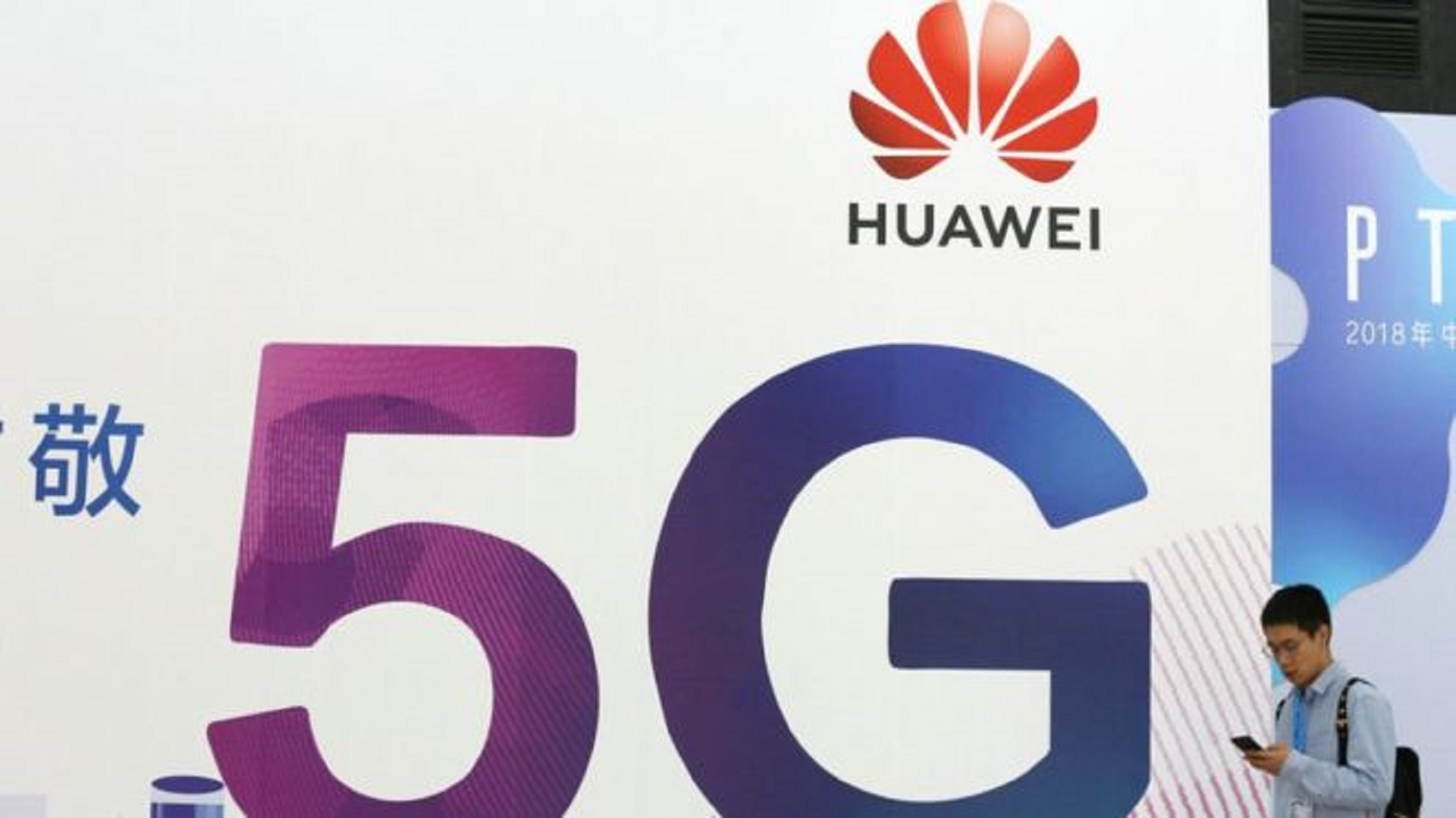Can Nokia and Ericsson benefit from the UK's 35% cap on high-risk 5G vendors?
There will be an increased 5G demand for Nokia and Ericsson equipment. And Huawei's competitors need to meet demand.

Britain has imposed a 35% cap on the role of “high-risk vendors” in building the country’s 5G networks, due to security concerns. Huawei critics accuse the technology company of being controlled by Beijing, an allegation it denies. The cap will hit Chinese giant Huawei hard and create an unprecedented opportunity for its two largest competitors; Nokia and Ericsson, but there are fears over these companies may struggle to meet the increased demand.
Huawei banned from supplying kit to 5G core
As well as the 35% cap, Huawei will be banned from supplying kit to the core of the 5G network, which houses the ‘sensitive parts’ and additionally, it will be excluded from areas near military bases and nuclear sites. In an interview with Maria Bartiromo of Mornings With Maria on Fox Business Network, US Secretary of State, Mike Pompeo, had previously suggested that using Huawei’s equipment posed a spying risk, stating that "we won't be able to share information" with nations that put it into their "critical information systems".
The EU followed Britain’s lead by releasing guidelines urging member states to avoid dependency on “high risk” suppliers, although Huawei was not named and there was no call for an outright ban. Nokia welcomed the new EU guidelines, commenting in a statement that “5G starts and ends with trust and security.” Ericsson agreed stating that the company was “ready to support this process to ensure a high level of protection for European citizens and business”.
Huawei’s biggest focus should arguably be on losing the high risk vendor classification and all these restrictions fall away for them. How to do that though? Change of ownership/legal structure and transfer of assets? Licensing of their technology to non-Chinese company?January 28, 2020
Concern over demand
There is some industry concern over fulfilling the increased demand left by market leader Huawei, which is widely considered to have the most advanced 5G for the super-fast data transfers which are needed for technology, including robots in operating theatres and self-driving cars. Additionally, if Nokia and Ericsson aren’t able to give network operators in the same timescale as Huawei were working to, it's believed that a difficulty in demand will be felt by European consumers. It could potentially mean the cost of 5G will increase, and that rollout will become slightly slower – although for now this is, of course, currently an unknown.
Last Friday, Nokia and Ericsson both won contracts with Orange France, one of Europe’s largest mobile operators, to deploy 5G networks across the country. And network contract battles will remain fierce with Orange still having chosen Huawei in other markets including Belgium, Spain, Romania and Poland.
- Get the latest 5G stocks news today
- How 5G and Wi-Fi 6 will transform networking
- We reveal how 5G technology works
- Here's what to expect from 6G in 2030
Get up to speed with 5G, and discover the latest deals, news, and insight!
Rachael is a British journalist with 17 years experience in the publishing industry. Since launching www.digitalcameraworld.com, she’s been freelancing, and working for some of the world’s best-loved websites and magazines including T3.com and TechRadar.com and has also had a book, iPad for Photographers, published. A regular contributor at 5Gradar, Rachael is following the 5G market closely. Find out more at www.rachaelsharpe.com

